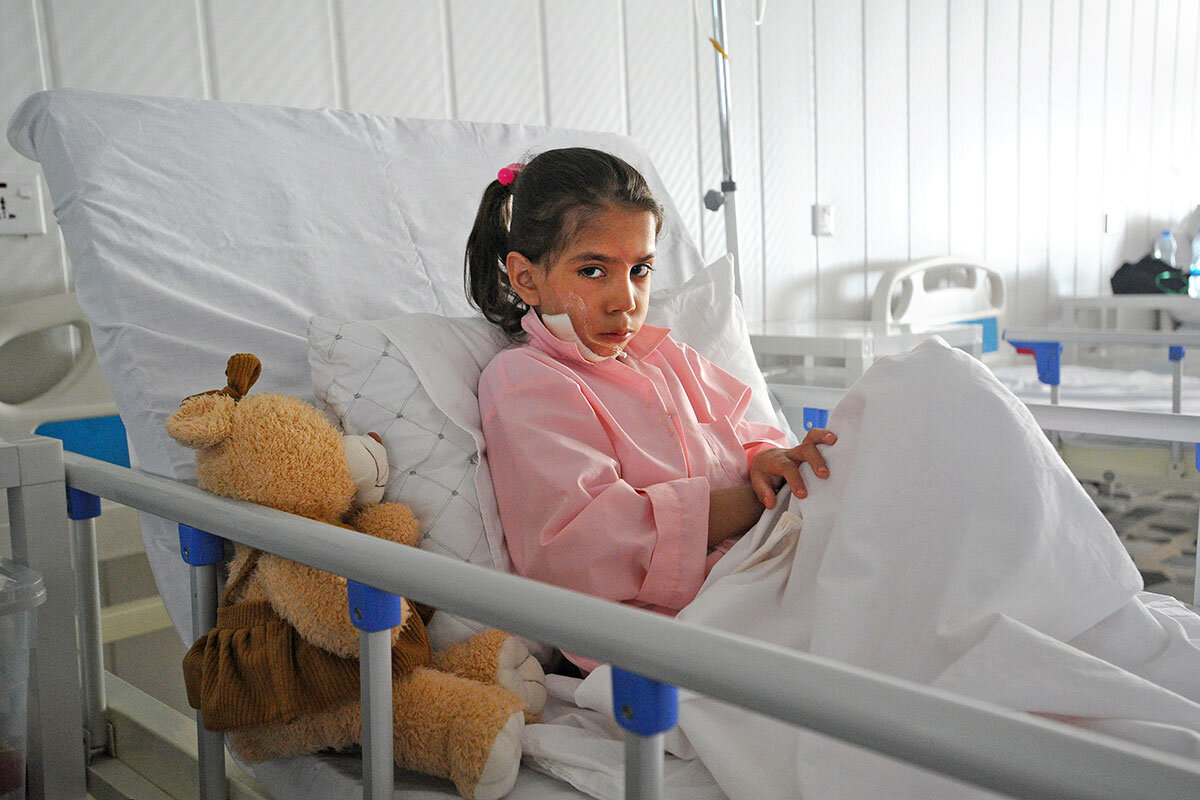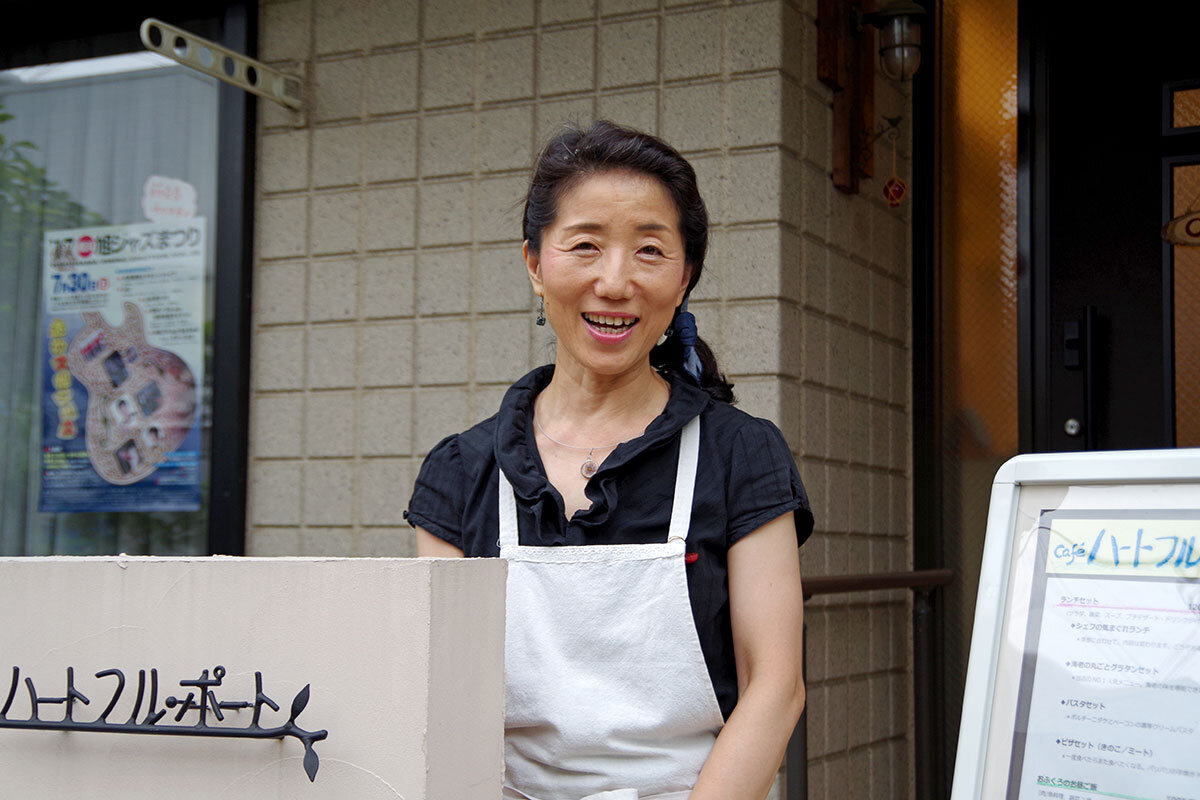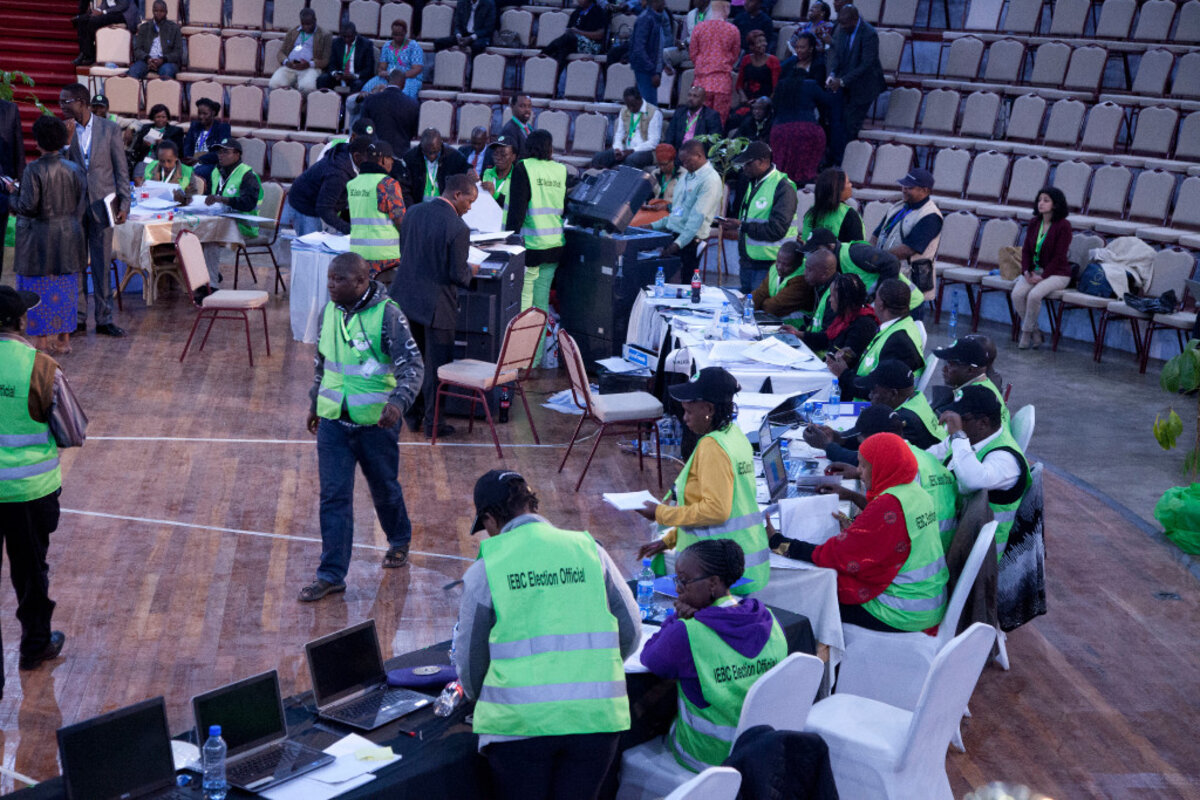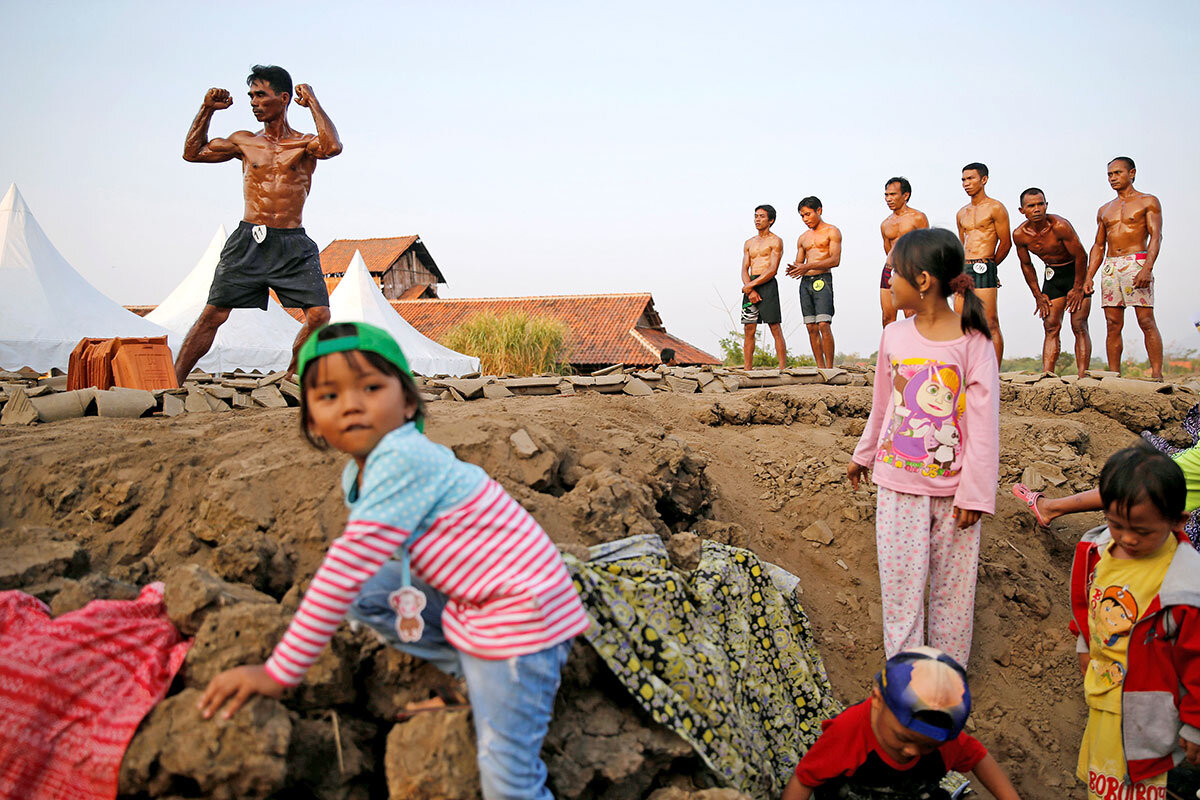As Peter Grier reports, it depends a lot on the political status of the president – and on how the tough talk is interpreted at the receiving end.
Monitor Daily Podcast
- Follow us:
- Apple Podcasts
- Spotify
- RSS Feed
- Download
 Clayton Collins
Clayton Collins
In August, a working person’s fancy turns to vacation.
At least, it might. It probably should. For many Europeans, it’s a given. Time off can be restorative for those who can afford to take it. Stop those push notifications, at least. Maybe try some forest bathing, a Japanese variation on a walk in the woods (no Fitbit, please).
The modern experience, of course, runs another way. Reports about the US president’s working vacation during White House renovations – round of golf, round of geopolitical sparring – come twinned with a new set of studies reinforcing that more than half of US workers leave vacation time on the table. By one account, more women than men surrender earned time off.
Others take their time, but stay tethered. They don’t recharge. That dovetails with a myth of indispensability, and with an act of self-preservation: Keep spinning the plates during time away and reentry will be a little less bumpy.
The term “total work” – this one has German roots – describes the phenomenon of being subsumed by a job. Andrew Taggart wrote in Quartz this week about the resetting of priorities.
“Once we’ve gotten the knack for embracing the idea that certain things in life are wondrous because they’re not focused on getting through, onto, or ahead of something,” he writes, “we can turn our attention to ... inquiring into our own lives.”
Now, to our five stories of the day.









